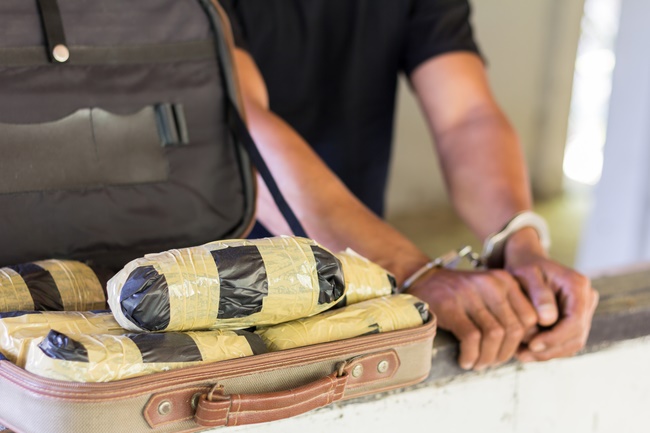Emmanuel Ihejirika, a Nigerian man who spent nearly 20 years on death row in Indonesia, has been finally released from the prison. Ihejirika, who was 31 years old when arrested in 2004 for smuggling heroin, was initially sentenced to life imprisonment. However, his sentence was later escalated to the death penalty, leaving him on the brink of execution in one of the world’s harshest drug enforcement countries.
Ihejirika’s case caught international attention when a high-profile Nigerian delegation, led by Abike Dabiri-Erewa and former Chairman of the Nigerian Drug Law Enforcement Agency (NDLEA) Mr. Ipinmosho, along with Ambassador Ojo Madueke, visited Indonesia to plead for clemency for Nigerians on death row. Although their efforts were unsuccessful for many others who faced execution, Ihejirika’s fate remained uncertain.
A breakthrough came when Washington, D.C.-based Nigerian lawyer Emmanuel Isha Ogebe took on Ihejirika’s case pro bono, arguing a case of mistaken identity. Ogebe’s tireless legal efforts resulted in a stay of execution and extended litigation, which eventually brought the case before Indonesia’s Supreme Court. In a critical ruling, the court commuted Ihejirika’s death sentence to a 20-year prison term. This past week, after nearly two decades behind bars, he was finally freed.
“This is a monumental victory for justice and human rights,” said Ogebe, reflecting on the long-fought legal battle that culminated in Ihejirika’s release. His advocacy, along with support from Nigerian officials, underscored the importance of legal representation, even in countries with strict drug laws.
At the time of his arrest, Ihejirika was caught with 461 grams of heroin concealed in his body, a crime that in Indonesia carries severe penalties, including death by firing squad. The country’s last executions in 2016 included four individuals, three of whom were foreign nationals. Despite Indonesia’s zero-tolerance policy on drug trafficking, Ihejirika’s release has reignited discussions about international legal standards, mistaken identity claims, and the importance of due process in cases involving life-or-death stakes.
Dabiri-Erewa, Chair of the Nigerians in Diaspora Commission (NiDCOM), used Ihejirika’s release to reiterate her longstanding message: “The penalty for drug trafficking in Indonesia is death. Nigerians must steer clear of such crimes.” Her statement reflects a broader warning to Nigerians about the grave consequences of drug offenses in foreign countries.
Legal experts also noted the significance of the ruling, which applied principles of mistaken identity under international law. Legal observers have pointed out that, had the courts not intervened, a grievous error could have resulted in Ihejirika’s execution. “This is why access to fair legal representation is critical, no matter the jurisdiction,” Ogebe emphasized.
As Ihejirika begins to rebuild his life, his case stands as a stark reminder of the importance of international advocacy, legal diligence, and the potential for justice, even in the most difficult circumstances.
The release of Ihejirika not only marks a personal victory but also a significant moment for human rights advocates who continue to push for reforms in death penalty cases across the globe.



